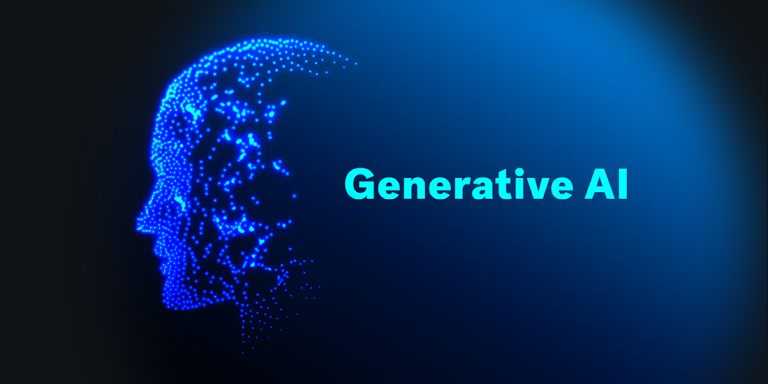A new study suggests that highly skilled workers such as certified public accountants, mortgage brokers, legal professionals, tax specialists, and marketing researchers are most vulnerable to disruption by Generative artificial intelligence (GenAI).
This is according to research from the Society for Human Resource Management (SHRM), conducted by the Burning Glass Institute (BGI).
According to the study seen by Nairametrics, employees holding these positions will need to acquire new skill sets. For instance, traditional customer service roles might shift towards managing chatbots or overseeing automated processes, while data analysts could transition into AI data specialists.
This indicates that as Generative artificial intelligence (GenAI) takes centre stage in the workplace, the importance of reskilling and upskilling workers will significantly grow.
What the report indicates
- Short-term layoffs and hiring slowdowns: The report anticipates that over the next decade, GenAI will boost productivity and reshape job responsibilities. However, this transformation will come at a cost, with short-term layoffs and hiring slowdowns expected as employers adapt to the new landscape.
- More productivity for early adopters: The report forecasts that early adopters of GenAI will experience heightened productivity as roles will become automated, augmented, or completely transformed. This surge in output is predicted to outstrip demand, resulting in overstaffing across various industries.
- Increased profits leading to new jobs: The report indicates that while those disruptions will carry a high human cost, corporate profits will increase from decreased payroll costs, leading to new jobs that will replace the ones lost, along with price cuts for goods and services.
- “Thus, while GenAI may initially lead to job losses in certain sectors and occupations, other sectors will grow as the economy adjusts”
- “HR roles may be completely transformed as GenAI automates routine tasks, reorienting a smaller team of HR professionals to serve more strategic functions”
- “Financial services will see the greatest impact, as a range of roles … within the sector are transformed,” the report indicated.
Recommendations for employers
SHRM and BGI have therefore recommended several essential steps for Chief HR Officers and other business leaders to effectively prepare for the impending AI revolution:
- Assess your organization’s composition: If your company operates within an industry prone to transformation or employs a significant number of workers in vulnerable occupations, anticipate disruptions as GenAI adoption accelerates.
- Evaluate roles within your organization: HR departments should consider how AI might automate, augment, or transform various roles and then assist in preparing workers for these changes.
- Consider your current talent pipeline as a savvy HR leader to build a pipeline for talent such as service, manual and other in-person occupations that have been experiencing staffing shortages, such as nursing, which are unlikely to be impacted by GenAI. Also, bear in mind that GenAI-fluent tech talent will become highly sought-after.
- Formulate a strategic approach. Researchers advise initiating plans to capitalize on GenAI’s productivity advantages and readying for workforce disruptions by combining investments in upskilling with reskilling initiatives to ensure that employees possess the requisite skills and training to navigate this transitional period effectively. This ensures that workers can stay pertinent and be reallocated to areas with more consistent demand.

